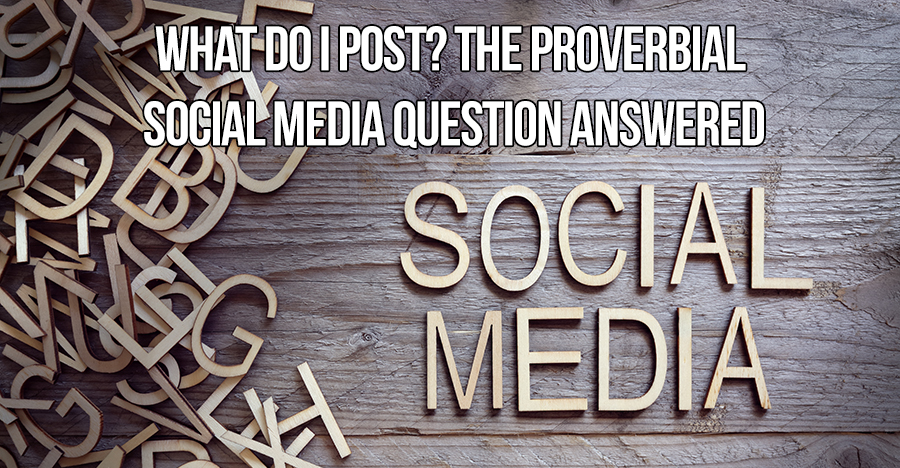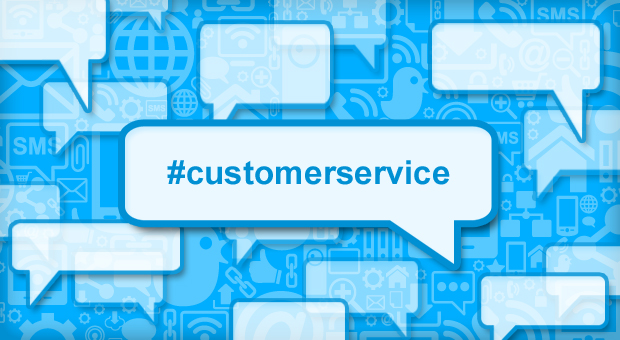
The Inevitable Fate of Word-of-Mouth Marketing
Very few will disagree that word of mouth is, by far, the most effective form of marketing. Even when it’s digital and from strangers, i.e. online reviews, people trust real-life testimony of a product or service so much that it can provide decades of business. The problem? Like all good things, it eventually comes to an end. Don’t act surprised.
(Need to read on the move? Listen to this blog’s podcast here.)
I’ll be honest, it tugged on my heartstrings to read a colleague’s long, heartfelt social media post about the 30+ years they spent working with a particular couple. For more than 3 decades, this couple came to them for services and they always paid for what they expected to receive. Their loyalty led to other business. Now that their children are older, and have inherited their parents’ wealth, things changed – the now-grown-up kids are willing to sacrifice quality for price, and will rudely argue every last dime for every service. My colleagues didn’t do anything wrong, but they did make a mistake – they didn’t prepare to bring in a new generation of word of mouth.
Aside from stingy kids, word of mouth marketing falls prey to:
- Competition: no matter what you do, locally or globally, you’re probably not the only game in town. No business is immune. Don’t be caught off-guard when someone else enters your market space and targets your customers.
- New Ways to Communicate: remember when “word of mouth” literally meant there were actual mouths involved? Today, word of mouth can be a review on Facebook, a comment on Instagram, a Tweet, a Yelp review or countless other digital variations. The fact is, we connect with each other digitally now more than we do “irl” (in real life). If your brand doesn’t exist where that communication exists, it’s pretty unlikely there will be any words at all.
- Time Decay: quite simply, time goes on… and as it does, word of mouth or “buzz” is something that needs to be nurtured constantly. The biggest myth about word of mouth marketing is that it’s passive, effortless; no one fights for a reservation at the place that hasn’t had a review in 2 years.
- Business Model Maintenance: sometimes businesses do continue to thrive, but when word of mouth changes, so does the business equation. Being proactive about your brand ensures that even when word of mouth changes or ends, you’re not relying on less-preferred products and services sold to those who were never your ideal customer base.
- Reputation Vulnerability: let’s be honest, that “word” we’re talking about isn’t always honest, and it only takes 1-3 negative reviews to prevent 67% of the people who read them from buying from you![1] Without a plan to generate others, that one unhappy customer will stick out like your unwanted spokesperson. You could end up needing reputation management help even if you never did anything wrong.
The list goes on, but there’s no point for it to do so without a solution. Get proactive. Put an inbound marketing plan in place and leave no stone unturned! Make sure your brand presence on social media is solid. There are over 50 million small business pages on Facebook, and for good reason… 1.09 billion prospective customers & clients log in every day. At least 23% of Facebook users log in 5 times per day or more![2] Facebook owns Instagram, which is used by more than half of all millennials in the U.S. every day. While 20% of people remember what they read, 80% remember what they see[3] – making the image-based social platform a lot more logical than it may seem. It helps that Instagram has just released official brand pages for businesses,[4] complete with analytics and better advertising capabilities than most online platforms.
Go cross-platform; 54% of brands on Instagram are promoting their profiles through custom tabs on their Facebook pages. Use content marketing to keep your brand coming up on the search engines, and even to make the fair exchange of an email address for useful information – aka a “lead magnet”. Publish blogs and let people know you’re the one who knows what you’re talking about. Make infographics that travel from your blog to Facebook to Pinterest, all of which can keep your website consistent as the destination when someone clicks.
And while the majority of people will see your social media pages long before they see your website[5], it can be a fast deterrent if that website isn’t mobile-friendly and up-to-speed with today’s stringent user experience expectations. Remember that 8-second rule! If you don’t impress a user, engage them and give them a good reason to stay, they’ll be gone within 8 seconds.[6]
Do something before it’s too late and word of mouth marketing isn’t serving your business the way it used to. Re-sow and re-grow in order to harvest a new foundation of word of mouth, a foundation that has a strong voice in a digital world!
Listen to this blog’s podcast HERE!
[1] https://www.vendasta.com/blog/50-stats-you-need-to-know-about-online-reviews/
[2] http://www.convinceandconvert.com/social-media-research/11-shocking-new-social-media-statistics-in-america/
[3] http://www.socialmediatoday.com/social-business/why-instagram-needs-be-part-your-marketing-strategy-infographic
[4] http://www.socialmediatoday.com/social-business/instagram-officially-announces-business-profiles-including-new-analytics-and
[5] https://blog.kissmetrics.com/social-media-and-seo/
[6] http://www.the-future-of-commerce.com/2015/06/10/customer-engagement-strategy-content-marketing/









